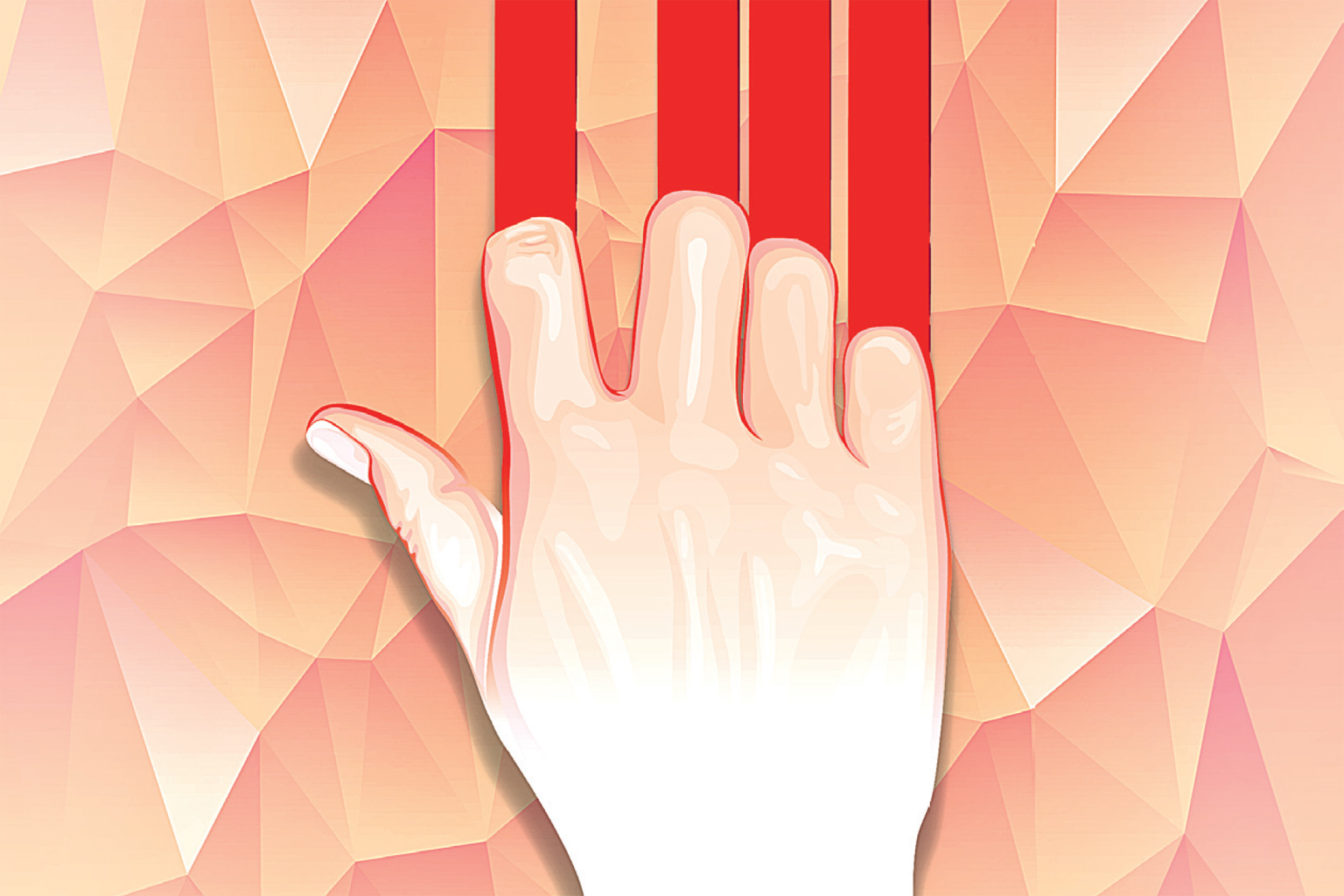Doc Talk
Resisting the itch to scratch
Dry skin can cause itch and moisturising the skin with creams and lotions can bring relief
Sign up now: Get ST's newsletters delivered to your inbox

ST ILLUSTRATION: ADAM LEE
Tan Kian Teo
Follow topic:
Everyone is familiar with the feeling of an itch.
More than that, we have experienced just how difficult it is to resist the desire to scratch an itchy patch of skin.
That desire can be very intense.
Once we start scratching, it is often hard to stop. We may cease only when we feel pain, such as when there is broken skin.
In a nutshell, an itch is an uncomfortable skin sensation that makes you want to scratch it to relieve the discomfort.
ST ILLUSTRATION: ADAM LEE
When it lasts for a prolonged period of time, it is known as chronic itch.
Compared with pain, less attention is usually given to itch.
Despite that, the quality of life for a person suffering from chronic itch can be as impaired as someone with chronic pain.
Itch is one of the most common problems that dermatologists deal with. The first thing that we usually do is to look for an obvious cause - an example is eczema, a condition that causes skin inflammation.
Things get complicated when we cannot find any clear signs to explain the itch.
In such cases, there is a need to consider less obvious causes, like the side effects of medication or underlying medical problems.
SLEEPLESS AT NIGHT
Recently, a young woman consulted me about her itchy skin problem. She had been unable to sleep because she was up all night scratching herself.
It made her very tired and visibly frustrated.
I found out that she had started chemotherapy treatment for her breast cancer not long ago.
Apart from the itch, she also experienced the usual side effects of the treatment - hair loss and poor appetite.
It was not easy for her, given that she is just 30 years old.
Her illness meant that her work and family life were inadvertently affected.
In her case, the cause of her itch was the dry skin condition and eczema caused by chemotherapy.
Topical corticosteroids, the liberal use of a good moisturiser and oral antihistamines helped to relieve the itch.
Apart from chemotherapy, there are many other causes of dry skin. It can be genetic - some people have naturally dry skin.
Dry skin can also be attributed to the environment.
Living in a tropical climate, we tend to spend a lot of time in air-conditioned places, where the humidity is low. This aggravates dry skin.
With warm weather all year round, we also tend to take frequent showers. This strips the skin of its natural oil and also results in dry skin.
The use of hot water and alkaline soaps can also compound the problem.
And as we age, our skin also becomes drier.
Some medications, such as oral isotretinoin - which is used in the treatment of severe acne - can cause dry skin too.
CREAMS AND LOTIONS
There are many ways to alleviate dry skin and itch. Regularly moisturising the skin with a good emollient is the key to managing dry skin.
With so many types of moisturisers available, choosing an appropriate one can be a daunting task. Creams tend to be oilier than lotions and are thus suitable for very dry skin.
Lotions are lighter and easier to apply on the skin. They also feel less sticky, especially in our humid climate. Lipolotions have a higher lipid content than lotions. They are more moisturising, but still easy to apply.
Some moisturisers form a barrier on the skin to prevent water loss. Others act as humectants to attract water. An example of a good humectant is urea.
Some moisturisers contain physiological lipids that are naturally found in the skin, such as ceramide.
One can also make lifestyle changes to alleviate dry skin.
An example is to minimise the time spent in the shower or bath. One can also use lukewarm instead of hot water, as well as a gentle non-soap cleanser.
The importance of healthy skin is often overlooked and the impact of a prolonged itch on a person's well-being is often underestimated.
After my patient treated her itch with simple creams and lotions, her quality of life improved vastly.
She felt much more comfortable and could sleep soundly at night.
The battle against cancer is arduous. I am glad that, as dermatologists, we can play a small part in making things a little bit easier.
•Dr Tan Kian Teo is a dermatologist at Skin Physicians, Mount Elizabeth Medical Centre, and Loke Skin Clinic, Novena Medical Centre. He is also a visiting consultant at the National Skin Centre.

